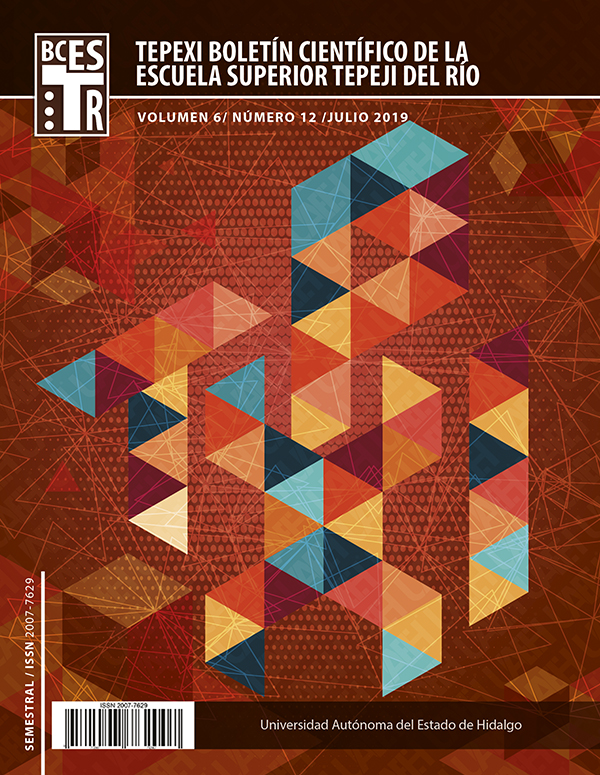Physiology of gastrointestinal disorders
Abstract
The digestive system provides the body with a continuous supply of water, electrolytes, vitamins and nutrients, which requires: the transit of food; the secretion of digestive juices and the digestion of food; the absorption of digested products; the circulation of blood through the gastrointestinal viscera to transport the absorbed substances, and the control of all these functions by the local, nervous and hormonal systems. With the passage of time, due to the age and eating habits of each individual, various diseases and pathologies can develop, which leads to a low performance and a decrease in the function of this whole system, which triggers many other complications and Problems that, if not treated in time and under the necessary conditions, could lead to the death of an individual.
Downloads
References
Tortora, G. & Derrickson, B. (2006). Principios de Anatomía y Fisiología. Argentina: Editorial médica panamericana.












